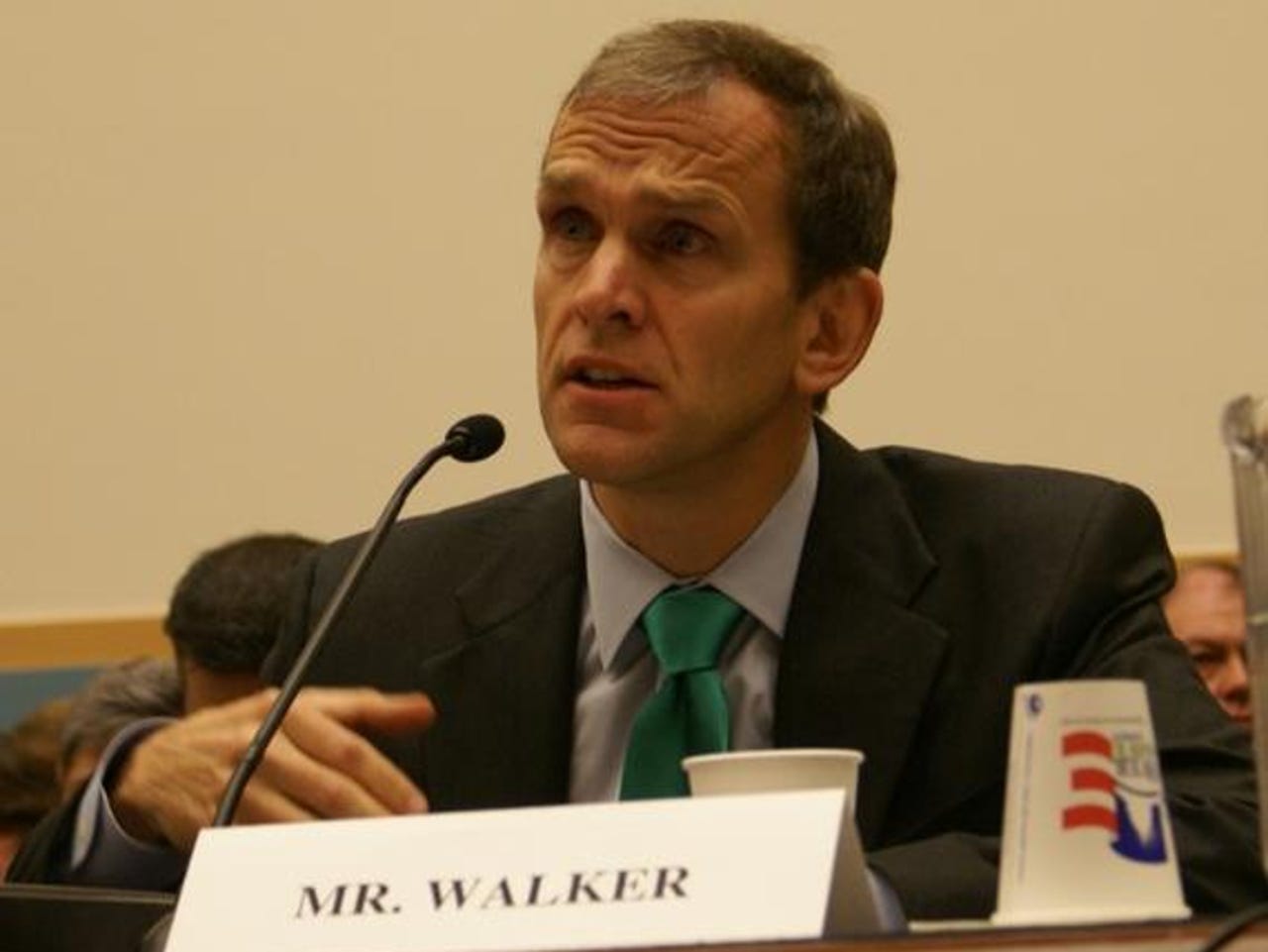Google's backing controversial TPP trade pact: 'It's a step forward for the internet'

Google general counsel Kent Walker: The TPP is not perfect but goes some way to tackling threats to open internet.
Google has thrown its weight behind the controversial Trans-Pacific Partnership (TPP), highlighting its benefits for free-flowing information and reasonable copyright exceptions for the internet.
Many commentators fear that the far-reaching trade agreement between the US and 11 Pacific nations puts the interest of big business ahead of consumers. Yet if you believe the politicians, the TPP is as simple as creating new jobs through increased trade.
Barack Obama told TV-host Jimmy Fallon on Friday: "The TPP allows American businesses to sell their products both at home and abroad. The more we sell abroad, the more higher-paying jobs we provide here at home. It's that simple."
Google has now also come out in support of aspects of the agreement concerning the internet, including local data-storage laws, copyright, and protections for foreign internet services.
Google senior VP and general counsel Kent Walker said the TPP was "not perfect", but noted that the agreement does go some way to tackling threats to open internet, such as censorship, site-blocking, and forced local storage.
"TPP promotes the free flow of information in ways that are unprecedented for a binding international agreement. The TPP requires the 12 participating countries to allow cross-border transfers of information and prohibits them from requiring local storage of data," Walker wrote.
"These provisions will support the internet's open architecture and make it more difficult for TPP countries to block internet sites, so that users have access to a web that is global, not just local."
Walker says TPP also strikes the right balance between copyright protections and exceptions that protect the internet.
"It balances the interests of copyright holders with the public's interest in the wider distribution and use of creative works, enabling innovations like search engines, social networks, video recording, the iPod, cloud computing, and machine learning," he said.
"The endorsement of balanced copyright is unprecedented for a trade agreement. The TPP similarly requires the kinds of copyright safe harbors that have been critical to the internet's success, with allowances for some variation to account for different legal systems."
Other benefits Google sees include prohibition on laws that discriminate against foreign internet services, a limit on the ability for governments to demand access to encryption keys, "pro-innovation" telecoms-access policies, and a ban on customs duties for digital products.
"We hope that the TPP can be a positive force and an important counterweight to restrictive internet policies around the world. Like many other tech companies, we look forward to seeing the agreement approved and implemented in a way that promotes a free and open internet across the Pacific region," Walker said.
Beside the US, other participants to TPP include Australia, Brunei, Canada, Chile, Japan, Malaysia, Mexico, Peru, New Zealand, Singapore, and Vietnam.
Non-profit digital rights group the EFF has taken a less positive view of TPP's intellectual property provisions, warning it will lengthen the life of copyright and expand the reach of flawed US copyright laws, such as the Digital Millennium Copyright Act.
